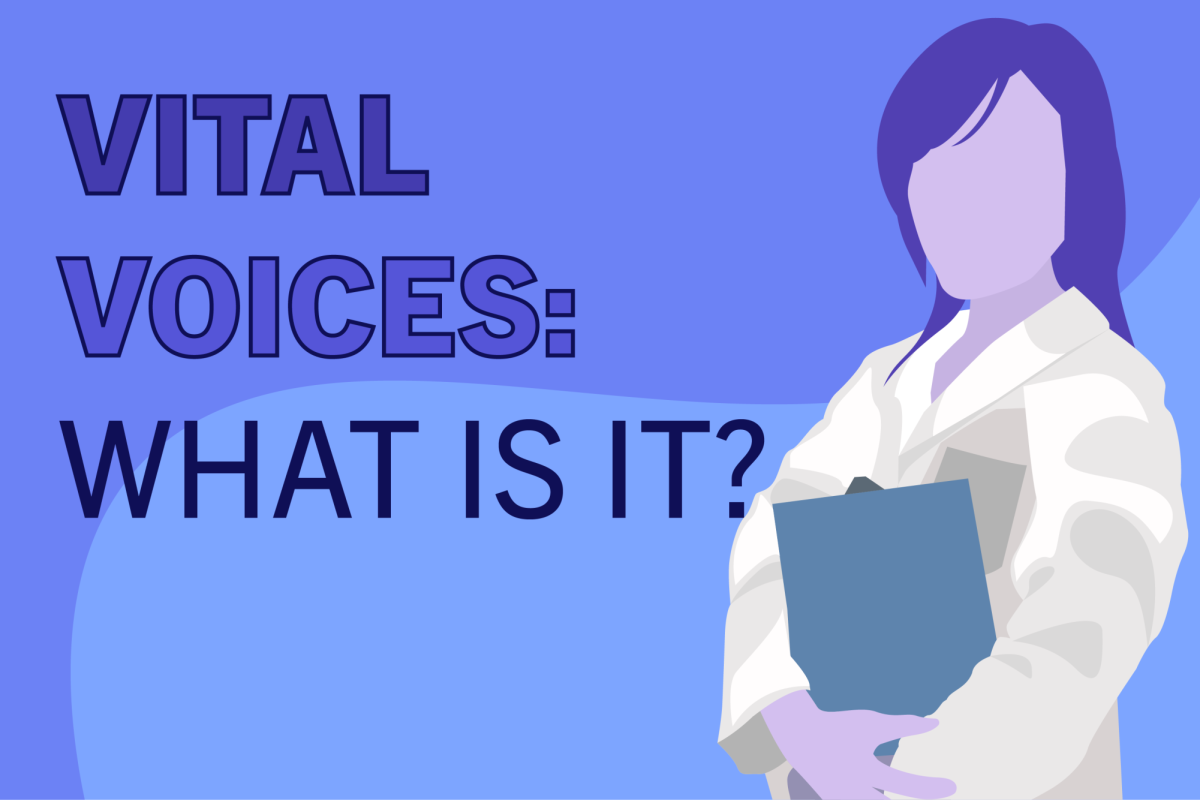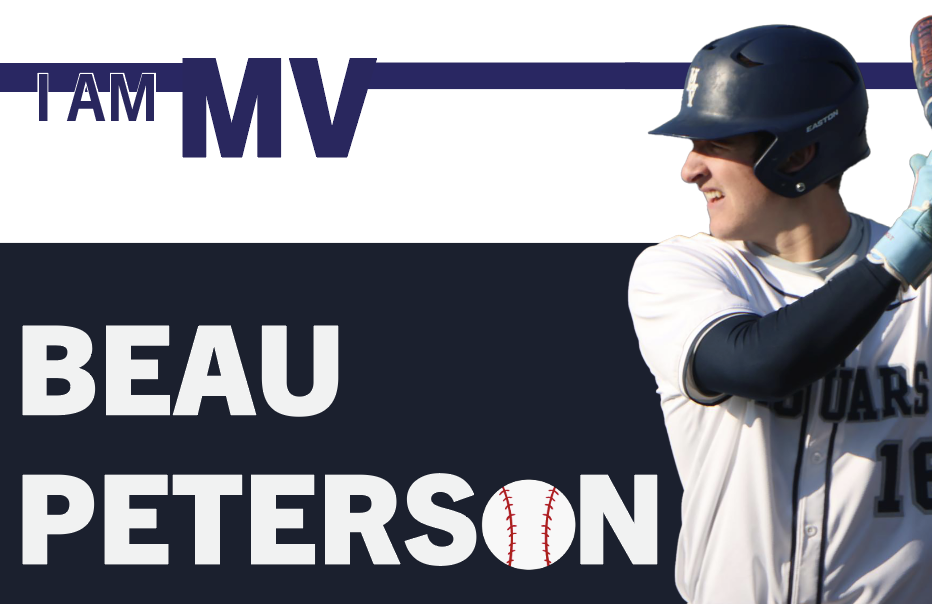It is uncertain whether the effects of the technology that permeates the daily lives of most of the world’s population, especially the Millennials, or Generation Y, those born between 1982 and 2002 according to 60 Minutes, will offer more benefits or consequences.
The prevalence of technology today, such as teenagers’ use of social media, cell phones, and computers in school, raises the question of whether Generation Y will also become known as the over-stimulated generation.
Psychologist Dr. Tish Taylor, who specializes in the development of children and adolescents, holds concerns about the effects of too much time on the computer.
“My concern is when somebody’s in front of a screen or using social media…what they’re not getting is the actual personal interaction,” Taylor said. “So you can’t develop social skills, interpersonal skills, or close, more intimate, personal relationships…there can be a lack of close relationships which leads to a lonelier life.”
As well as affecting social development, too much technology can negatively impact physical health, especially sleep patterns.
“Too much blue screen time or screen time before bed does not allow a person to go to sleep as easily,” Taylor said. “If things aren’t turned off and allowing your brain time to put itself to sleep…that can be detrimental.”
Other effects such as childhood obesity and overstimulation were some of the reasons math teacher Kristen Chavez and her husband Michael Chavez choose to limit what types of stimuli their son, 4-year-old Elijah, is exposed to.
“Kids are just sitting in front of the TV or sitting in front of the computer or just sitting in front of the Xbox,” Kristen said. “We just don’t want that for our son. We want him to be active and to lead a healthy life.”
A study conducted by the American Academy of Pediatrics or the AAP last year found that “preschool-aged children were significantly impaired in executive function” just after watching around nine minutes of television that was considered “fast-paced.” Executive function is defined by the AAP as a group of prefrontal skills necessary for goal-directed behavior, such as problem solving, attention, self-regulation and is considered to be highly important for “positive social and cognitive functioning,” as well as academic success.
“The first time he ever watched TV was when he was at daycare,” Kristen said. “He’s all about playing. He would rather be playing basketball or football or board games, things like that…”
However, she is not opposed to Elijah’s use of the computer because Michael and she believe he will need to learn computer skills.
The use of computers and other technology in schools can be problematic when it comes to students’ attention. Drafting teacher Helga Brown recently spoke to her classes about the boundaries when using technology at work and school.
“I do have a problem with students getting on websites that aren’t blocked anymore,” Brown said. “There’s a bit of an issue with them being online, being places they shouldn’t be.”
Brown broached the topic after a meeting with people in the professions taught by her and other technology teachers, such as engineering and architecture. At the meeting, the owner of a civil engineering company explained they had experienced problems with hesitating to hire younger, college-age individual because the employees were watching videos, checking social media outlets, or utilizing personal cell phones while on the job.
“The people coming out of college were so used to multi-tasking that…when they get into the workplace then they have real issues because their companies have policies against doing personal things on company time,” Brown said.
She believes these issues come from a lack of understanding that there are greater consequences than losing your cell phone for a day.
“Students need to understand that in the real world, you can get fired from a job for being caught on Twitter multiple times,” Brown said.
However, she feels that while young people need to adapt to a working environment, businesses may need to adapt as well.
“The students… need to understand that they have to adapt to today’s workplace,” Brown said. “But I also think the workplace needs to change. Multitasking would be amazing. I mean you could be a medical transcriptionist while you’re doing…accounting or something…I think your generation would flourish in that type of environment.”
Despite being aware of the prevalence of technology that surrounds the Millenials, Brown doesn’t feel overstimulation is a problem.
“It’s not necessarily that you’re over-stimulated,” Brown said. “It’s that in the classroom you’re used to that outside of the classroom, and when you come in, its difficult to make that transition.”













